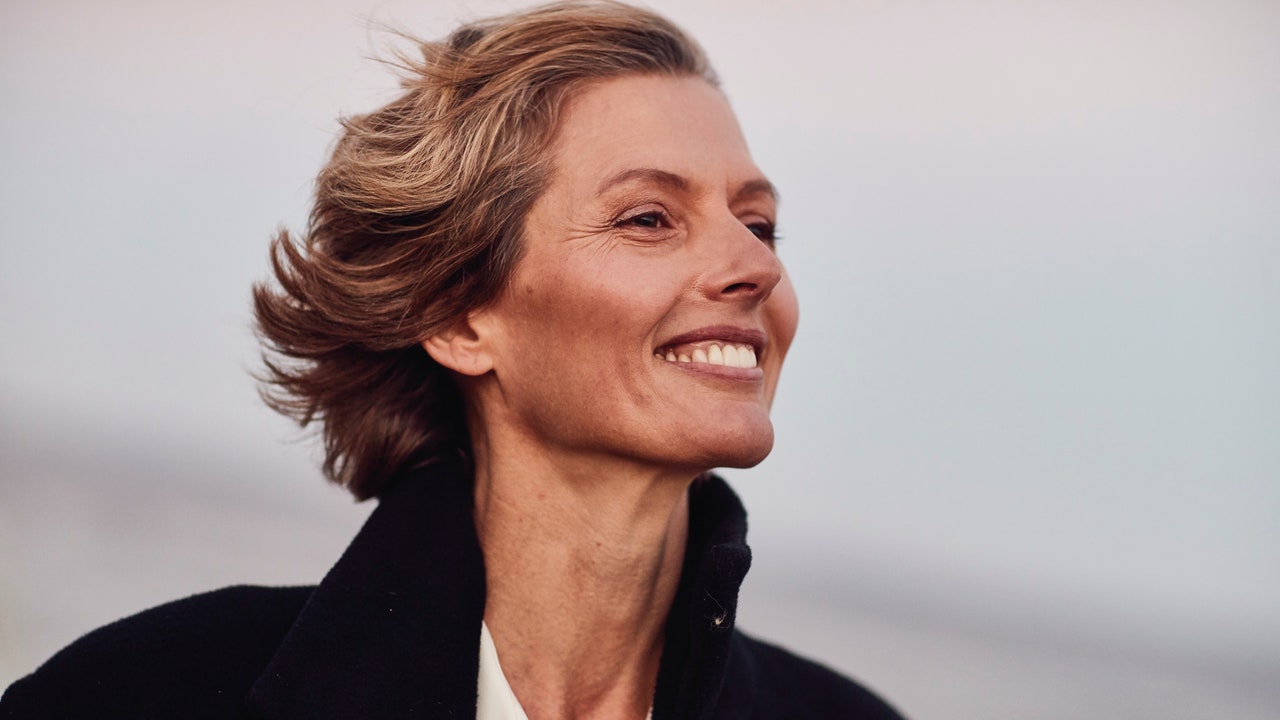She points me to a report published in The Lancet last year. It received criticism for using the phrase “over-medicalized,” which some took to mean that women should cope without interventions like HRT. “But it’s not anti-HRT,” she says, “just anti-misinformation.” The paper recommends more exercise, less alcohol, and the use of cognitive behavioural therapy for anxiety and poor sleep. This is, of course, excellent advice for anyone.
Every doctor I spoke with is in agreement when it comes to the importance of optimizing nutrition, exercise, and lifestyle. The largest study on menopause and nutrition to date, which was conducted by Zoe, found that menopause impacts blood sugar control and microbiome composition, leading to increased inflammation, body fat and greater risk of cardiovascular disease. This can be mitigated by eating well and exercising. So if you survived your twenties and thirties on wine, convenience foods, a sedentary lifestyle, and little sleep, you’ll probably find that won’t work in your forties and fifties.
Menowashing
Meanwhile, many women have turned to the flourishing menopause market to assuage symptoms, and brands have leaped on this opportunity. There are menopause-branded beauty products, supplements, cooling packs, and, ridiculously, chocolate. The practice of slapping the word “menopause” on a product and then doubling the price has been termed “menowashing”.
However, not all of these products are bad. “Science-backed supplements can play a role in the management of menopause symptoms,” says Dr Shahzadi Harper, author of The Perimenopause Solution. “The estrobolome is a set of gut bacteria responsible for regulating hormones, which can reduce bloating, weight gain, and mood changes. So a probiotic supplement with clinically proven ingredients, like Better Gut from The Better Menopause, can be beneficial.”
While we work on improving our lifestyles and experiment with supplements, HRT remains a powerful tool in many women’s menopause arsenal. “It’s a drum that I’ve been banging for almost a decade, since the NICE guidelines were rewritten to include HRT back in 2015,” says Mariella Frostrup, chair of Menopause Mandate and the government’s newly-announced menopause employment ambassador. “Then, I was a lone voice singing its praises. Now we’re sitting on a veritable iceberg of robust data as to its benefits and minimal risks.”
She says the key is education, so that women can recognize that symptoms, such as anxiety or insomnia, might be down to menopause. They can then make informed decisions about possible treatment. Despite advances in both science and attitudes, we still have a long way to go. “We’re fighting millennia of medical gaslighting,” sighs Frostrup. “But, for the majority of women, HRT has more benefits than risks.”
Read the full article here




